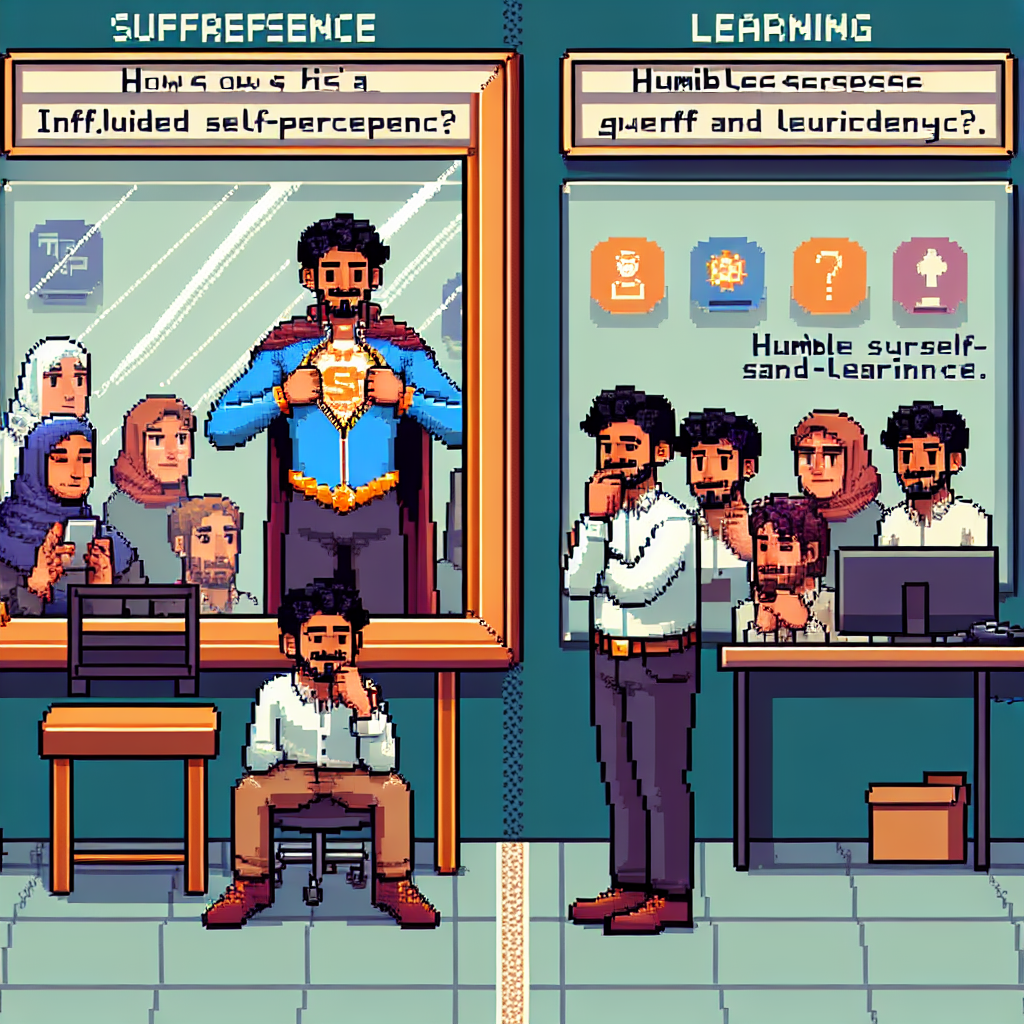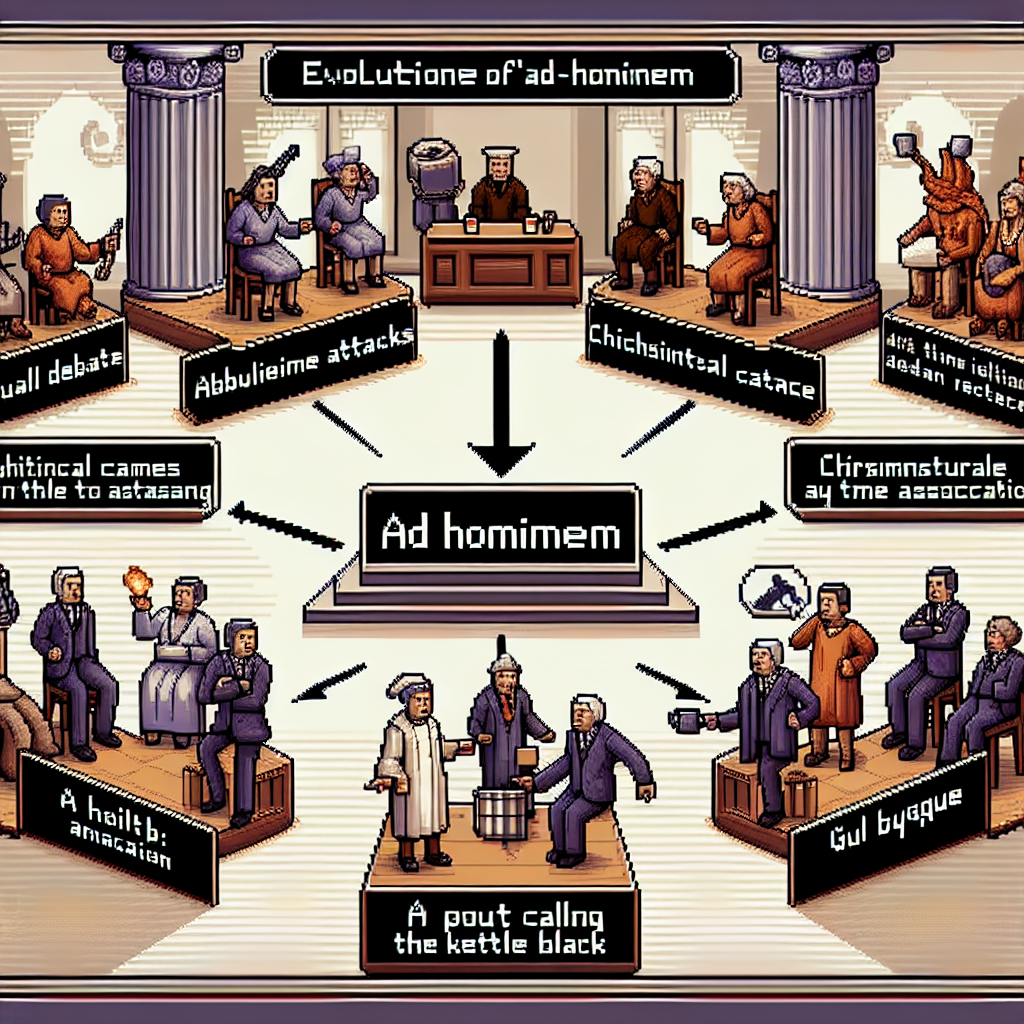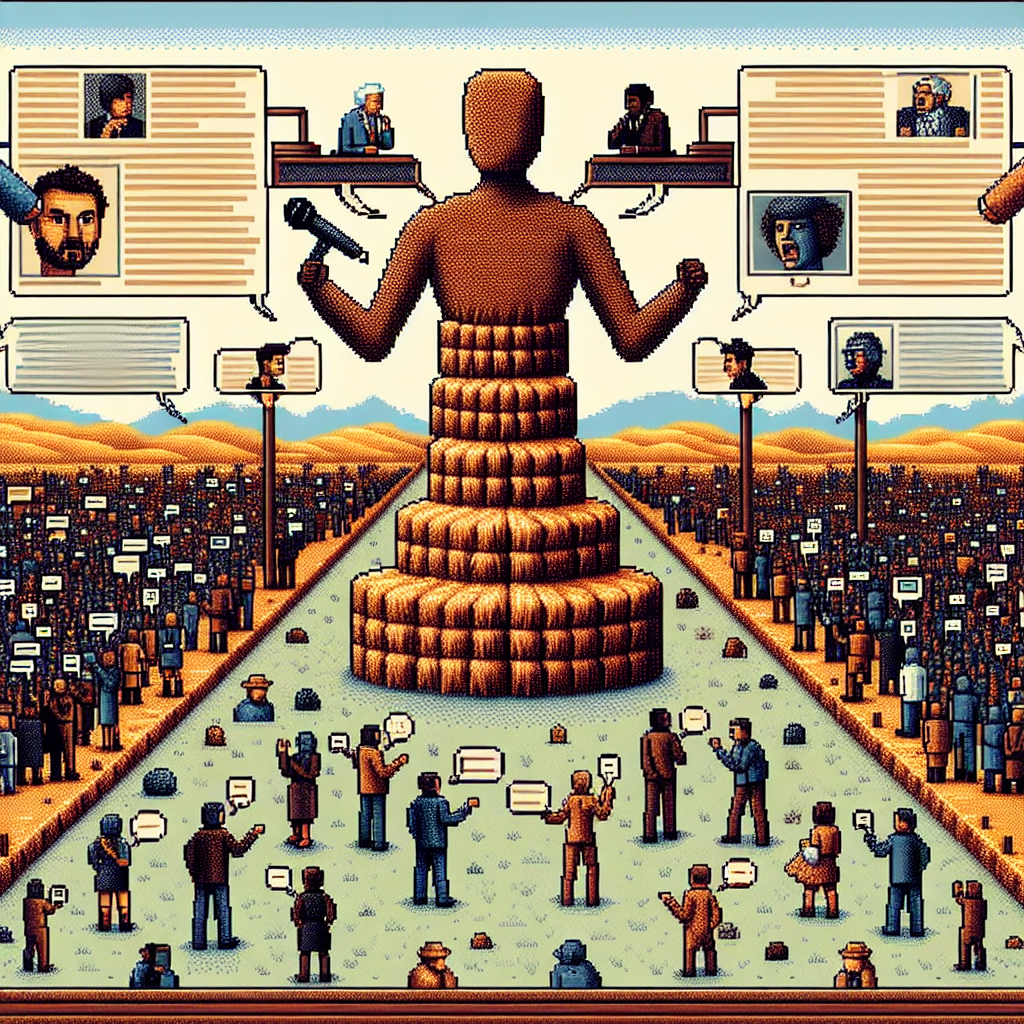Understanding the Dunning-Kruger Effect
Definition of the Dunning-Kruger Effect
The Dunning-Kruger Effect is a cognitive bias where individuals with low expertise in a domain overestimate their own abilities. This phenomenon often leads people to believe they are more competent than they actually are. It arises because the lack of skill deprives a person of the ability to assess their own performance accurately. Consequently, their self-assessment is skewed, resulting in an inflated perception of their capabilities.
Importance of Understanding the Phenomenon
Grasping the significance of the Dunning-Kruger Effect is crucial in various contexts, including education, the workplace, and society at large. By understanding this phenomenon, educators and employers can better identify areas where individuals might require additional support or training. Furthermore, recognizing this bias can help us foster a culture of humility and continuous learning, where individuals are encouraged to seek feedback and remain open to constructive criticism. This awareness not only enhances personal development but also contributes to better decision-making and collaboration in any environment.
Dunning-Kruger Effect: Origins and Background
Research and Discoveries by David Dunning and Justin Kruger
The Dunning-Kruger Effect was first described by researchers David Dunning and Justin Kruger at Cornell University. This cognitive bias was identified when they found evidence that people with low competence in a particular area often overestimate their skills. They conducted a series of experiments to test this theory, revealing that competence not only involves skills and knowledge, but also self-awareness and the capacity to recognize one’s limitations.
Notable Studies and Experiments
Several notable studies and experiments have reinforced the findings of Dunning and Kruger. These studies have been pivotal in showing that individuals with limited ability in a field tend to lack the metacognitive skills necessary to evaluate their own competence accurately. Additionally, researchers observed how, during these studies, the participants who scored the lowest often rated their performance comparably to those who were actually skilled. This added further evidence to the existence and prevalence of the Dunning-Kruger Effect.
Dunning-Kruger Effect: Characteristics and Symptoms
Overestimation of Skills by Incompetent Individuals
The Dunning-Kruger Effect is often marked by the significant overestimation of skills among individuals who lack competence. This can lead to a situation where someone believes they are more capable than they truly are. Despite their limited abilities, they may feel highly proficient. During interactions, this can cause frustration for others, especially those who are more skilled and aware of the nuances involved.
Lack of Self-awareness
A critical symptom of the Dunning-Kruger Effect is the lack of self-awareness. Individuals unknowingly demonstrate deficits in self-perception. Because they don’t recognize their own shortcomings, they remain unaware of their inaccurate self-assessments. Additionaly, this lack of insight can make it difficult for them to improve or learn from their mistakes.
Cognitive Bias and Illusory Superiority
Cognitive biases such as illusory superiority play a significant role in the Dunning-Kruger Effect. People may experience a distorted perception of their abilities due to these biases. Despite evidence suggesting otherwise, they might continue to believe they are superior. Before acknowledging errors or deficiencies, they often need assistance from external feedback or experiences. Recognizing these biases can pave the way for meaningful personal growth.
Real-World Manifestations of the Dunning-Kruger Effect
Solutions in the Workplace
To address the impact of the Dunning-Kruger Effect in the workplace, organizations must foster an environment that values continuous development. By implementing comprehensive training programs and encouraging mentorship, employees can enhance their skills and self-awareness. Furthermore, creating a culture where feedback is readily available and utilized for growth is crucial. This approach can help identify areas where individuals may overestimate their abilities, ultimately leading to more effective and harmonious teamwork.
Improving Education and Learning
In educational settings, it is essential to promote a growth mindset to combat the Dunning-Kruger Effect. Educators should emphasize the importance of self-assessment and provide students with regular opportunities for reflection and peer review. By cultivating an understanding that learning is a continuous journey, students can reduce the likelihood of overestimating their competencies and embrace a more accurate evaluation of their skill levels.
Addressing Societal Consequences
Societal challenges associated with the Dunning-Kruger Effect can be mitigated through public education and awareness campaigns. By increasing awareness of this cognitive bias, individuals are more likely to recognize it in themselves and others. Additionally, encouraging open discussions and fostering communities where critical thinking and expertise are valued can help reduce instances of illusory superiority. With increased awareness, society as a whole can benefit from more informed decision-making processes.
Understanding the Psychology Behind the Dunning-Kruger Effect
Cognitive Load and Mental Processing
The Dunning-Kruger Effect is deeply rooted in how individuals process information and manage cognitive load. Because of our limited capacity to handle new information, those with insufficient skills often struggle to accurately evaluate their abilities. This leads them to a false sense of proficiency, during which they might overlook significant gaps in their knowledge. Additionally, without the pressure of confronting their weaknesses, they remain unaware of the need for improvement.
Role of Metacognition
Metacognition, or the ability to think about one’s thinking, plays a crucial role in mitigating the impact of the Dunning-Kruger Effect. By promoting self-reflection and encouraging individuals to question their assumptions, we can enhance their understanding of their skill levels. Despite these challenges, fostering an environment where feedback and learning are prioritized can help individuals develop better self-awareness. Before dismissing their shortcomings, it’s essential for people to engage in exercises that challenge their cognitive biases. This approach not only supports personal growth but also diminishes the grip of illusory superiority.
Methods for Mitigating the Dunning-Kruger Effect
Encouraging Lifelong Learning and Skill Development
In order to effectively counter the Dunning-Kruger Effect, it’s crucial to prioritize lifelong learning and continuous development of skills. During formal education, individuals often limit themselves to the curriculum, despite the vastness of knowledge available beyond it. Encouraging a mindset that values ongoing education can significantly reduce overconfidence premised on limited knowledge. By actively seeking new experiences and learning opportunities, individuals can expand their understanding and objectively assess their skill levels. Furthermore, integrating diverse modes of learning, such as online courses or interactive workshops, allows for flexibility and access to high-quality resources.
Promoting Self-reflection and Feedback
In addition to fostering continuous learning, promoting self-reflection and incorporating regular feedback is vital in addressing the Dunning-Kruger Effect. Encouraging individuals to regularly assess their strengths and weaknesses can enhance their metacognitive abilities, leading to a more accurate evaluation of their competencies. Feedback from peers and mentors serves as a reality check, helping people to identify areas in need of improvement. Before making critical decisions, conducting a self-assessment and seeking external perspectives provide a comprehensive view of one’s abilities. Through reflective practices and open feedback channels, misconceptions about skill proficiency can be substantially minimized, leading to a more informed and capable individual.
Dunning-Kruger Effect: Impact on SEO Strategy
Challenge
In the competitive arena of digital marketing, the Dunning-Kruger Effect can significantly influence the success of SEO strategies. In particular, a burgeoning content creation company experienced this effect when its team, initially confident in their SEO expertise, noticed a decline in website traffic. The team had relied heavily on outdated techniques without acknowledging new Google algorithm changes, which led to a decrease in search engine rankings. Despite investing time and resources, their lack of awareness regarding current SEO practices and the overestimation of their skills resulted in ineffective content strategies that failed to engage users.
Solution
To counteract the Dunning-Kruger Effect and improve their SEO strategy, the company embarked on a journey of lifelong learning and skill development. First, they invited external experts to conduct workshops on advanced SEO techniques, encouraging team members to enhance their knowledge. Additionally, by promoting self-reflection and actively seeking feedback from industry peers, the team became more adept at recognizing their skill gaps. These efforts resulted in a more informed and capable team, which ultimately improved their content’s credibility and search performance. Because the company valued expertise and embraced continuous learning, they were able to rebuild trust with their audience and bolster their online presence.


